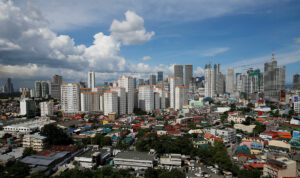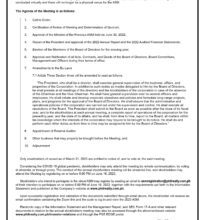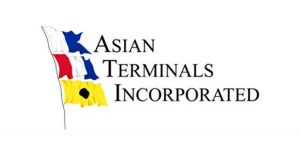Property sector seen to slow down on higher rates

THE property sector is expected to slow down next year because of incoming stock coupled with higher interest rates and commodity prices, Jones Lang Lasalle (JLL) said.
JLL Philippines Head of Research and Consultancy Janlo de los Reyes said that the office segment would move slower next year as new work spaces enter the market.
“We have a significant volume of stock coming in not only for the fourth quarter but also for 2023. We have 326,000 sq.m. that’s coming in the fourth quarter and if you will add that to the future stock, that’s going to bloat up what we have here,” Mr. De los Reyes said in a chance interview last week.
In the third quarter, the office market added 61,500 sq.m. of new space, bringing the total stock to 10.36 million sq.m.
Mr. De los Reyes expects the new office developments from the fourth quarter onwards to pull up the vacancy rate amid a weaker leasing volume and weaker leasing demand.
“So, we might see vacancy increase to around 17.5% to 18% or even north of that depending on what the volume of take-up we will see next year,” he added.
Meanwhile, Mr. De los Reyes said that the residential market is expected to slow down next year due to higher interest rates.
“I think residential will also slow down [and] the reason is that we think the interest rates will catch up now and will impact demand coming from consumers and buyers,” he said.
“I think the upscale and luxury market will continue to grow because they have the financial muscle or financial flexibility and are able to weather this pandemic,” he said, adding that higher interest rates will particularly hit the mid-scale market.
Mr. De los Reyes said that for the residential market, big developers are expected to be more resilient in facing the economic climate.
“They would be able to fund launches and the new projects that they have compared to boutique or small developers, which have limited cash to play with in terms of developing the projects,” he said.
Meanwhile, retail and hotel segments are expected to pick up in the fourth quarter this year on seasonal demand.
“I think for [the] fourth quarter, you’d see that it’s going to improve given the seasonality of demand,” Mr. De los Reyes said.
However, he said the property market’s performance will depend on how cases of the coronavirus disease 2019 (COVID-19) are contained.
“We’re seeing more foot traffic in terms of the malls and I think that will continue assuming that there is no significant surge or there will be no significant development on COVID-19,” Mr. De los Reyes said.
“But even if there were, I think we’ll have less restrictions now so it’s not as restrictive as before,” he added.
Mr. de los Reyes said that inflation could also affect the hotel and retail segment, as prices are expected to go higher.
“Also with inflation soaring, I think the non-essentials will be hit … but likely it’s still going to be resilient and stable now that we’ve opened the borders,” he said.
He said spending might be curbed because of inflation, “but I think it will be felt by 2023.”
“Overall, I think developers are still quite optimistic in terms of the retail market given that the market has been stabilizing,” he added. — Justine Irish D. Tabile




